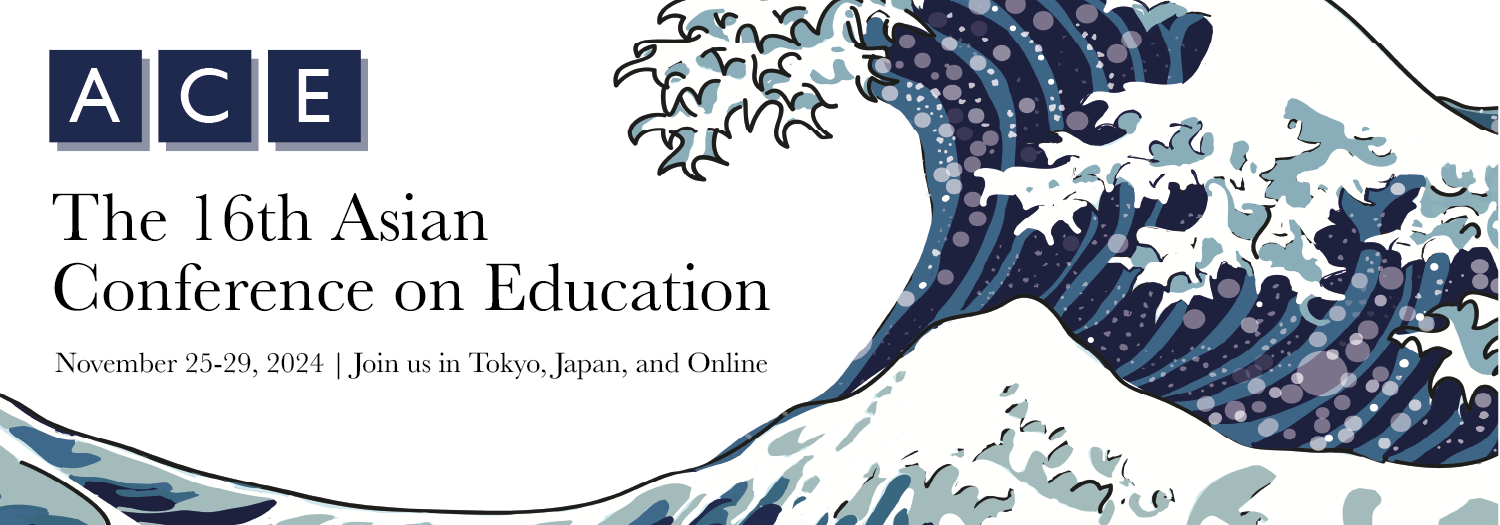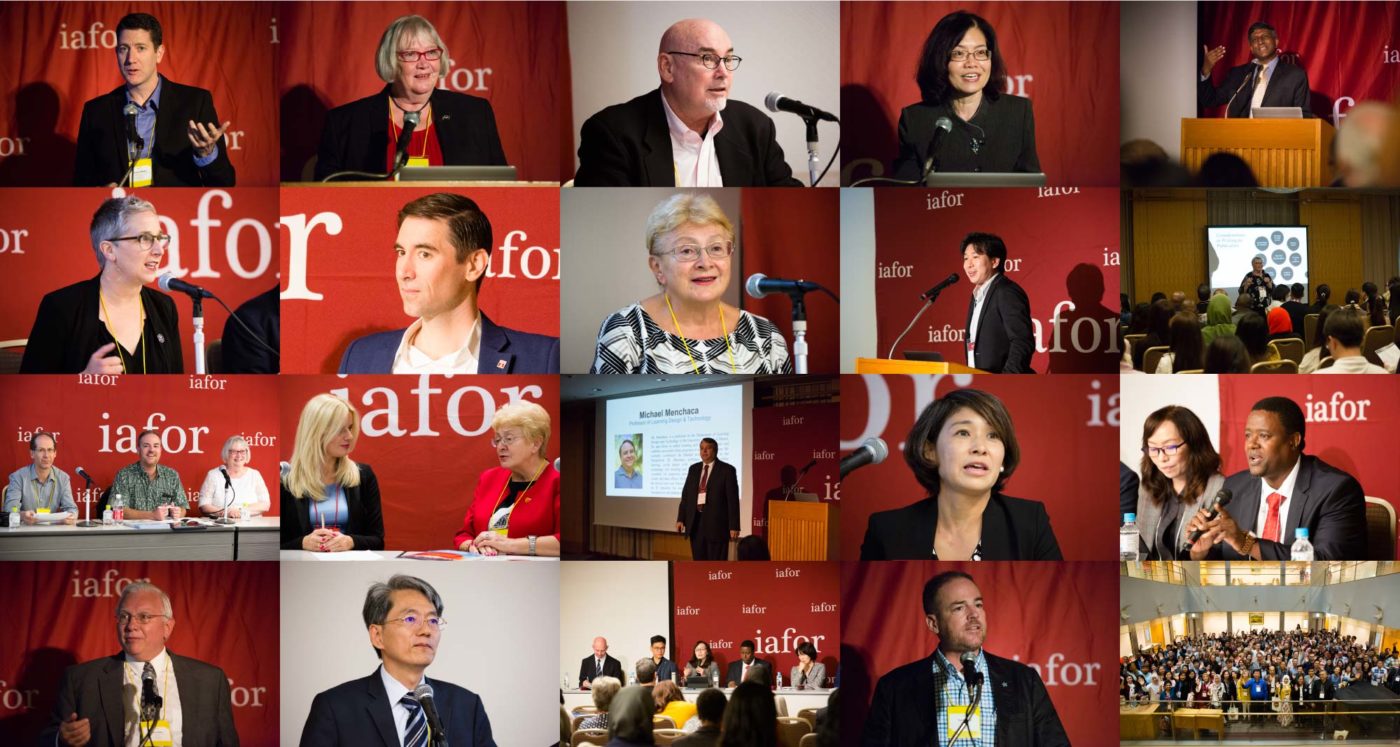Enhancing Interdisciplinary Critical Thinking Skills in Higher Education with Improved Content Selection and Syllabus Sequencing Presented by Relationship Mapping (88451)
Session Chair: Zhaotong Li
Wednesday, 27 November 2024 12:15
Session: Session 2
Room: Room 608 (6F)
Presentation Type: Oral Presentation
This paper presents an integrated teaching approach aimed at enhancing interdisciplinary critical thinking (CT) skills in higher education by improving content selection and syllabus sequencing. The approach is grounded in Cognitive Load Theory (CLT), which states that course content is biologically secondary knowledge and should be selected and sequenced in an organized manner to minimize cognitive load, allowing students to better grasp interdisciplinary connections. Based on the CLT, the approach proposes that the content and syllabus should be sequenced through three primary stages, including Core Domain, Complementary Domains, and Exogenous Domains. A key feature of this approach is the use of Relationship Mapping (RM), a visual-based tool that helps students understand and apply interdisciplinary relationships within the course material. RM is used to enhance the presentation of topic sequencing and lecture summaries, while students are required to design and develop RM in their assignments to support understanding and answer visualization. The effectiveness of this approach was tested using the Mann-Whitney U test with survey results from students taking a final-year undergraduate course on Intermodal Transportation. The experimental group demonstrated significant improvement in analytical skills, self-efficacy, self-regulation, and out-of-the-box thinking compared to the control group. However, no significant gains were observed in evaluative reasoning, interpretation, inference, creative self-concept, and personal identity, suggesting areas for further refinement. The study contributes to the existing literature by providing a novel method for enhancing interdisciplinary CT in higher education, particularly with mapping tools like RM.
Authors:
Chee Chong Teo, Nanyang Technological University, Singapore
Zhaotong Li, Nanyang Technological University, Singapore
Bohao Ma, Nanyang Technological University, Singapore
Seng Chee Tan, Nanyang Technological University, Singapore
Seyed Mehdi Zahraei, University of Tasmania, Australia
About the Presenter(s)
Ms Li is currently a Research Associate at Nanyang Technological University, Singapore.
Connect on Linkedin
https://www.linkedin.com/in/zhaotong-li
See this presentation on the full schedule – Wednesday Schedule
A Note to Presenters
To enhance academic profiles and showcase research, we encourage all presenters and co-presenters to include links to their public LinkedIn, ResearchGate profile, and research websites. Presenters may update their bio for their presentation by completing the form linked below by October 22, 2024.- Presenter Information Update Form
Submitted changes will be reflected on November 01, 2024
Additionally, presenters should also update their IAFOR account details if there have been any changes to affiliations or biographies.
- https://submit.iafor.org/my-account/edit-account








Comments
Powered by WP LinkPress